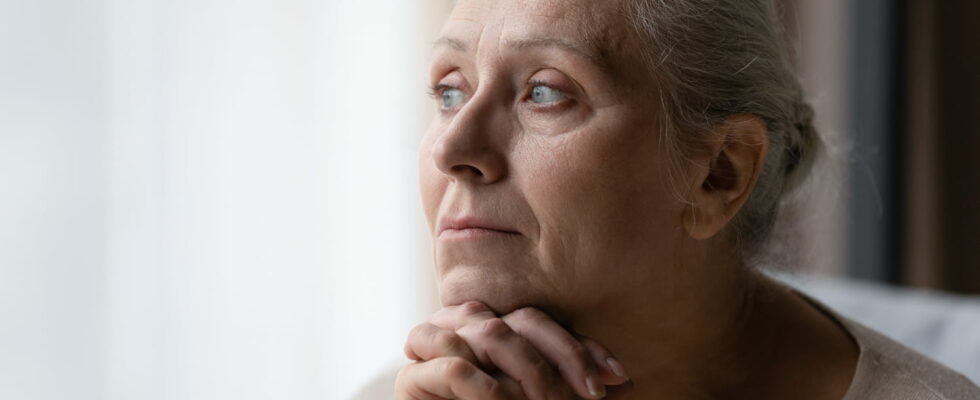The idea that cancer progresses more slowly in older people is widespread, but is it verified? Oncologists enlighten us.
The risk of developing cancer increases with age: according to the National Cancer Institute, cancers in people aged 65 and over represent more than two-thirds of the number of cancer cases recorded each year. This phenomenon is largely linked to the mechanisms that lead a healthy cell to transform into a cancerous cell: malignant transformation occurs through the accumulation of damage in the genetic material (DNA) of healthy cells. The more time passes, the more the number of lesions likely to accumulate in our cells increases. “For example, for breast cancer, 80% of them appear after the age of 50. This is also the case for colorectal cancer, the median age at diagnosis of which is 70 years. Another example: cancer of the prostate is rare before the age of 50 and its incidence gradually increases over the years. The median age at diagnosis is 69 years.explains Professor Claude Linassier, oncologist.
Contrary to what we think, “the rate of cancer development is completely independent of age.” It even tends to develop more quickly in older people. With equivalent cancer dynamics (size of the tumor, stage of the disease, etc.), the impact on the body is greater in an elderly subject because it can be weakened by aging and especially by the diseases associated with it (this which experts call “comorbidities”).
The received idea that cancer proliferates less quickly when you are old comes from the very slow development of certain cancers that are very specific to older people, such as prostate cancer. But when we look at the evolutionary genius of the most common cancers, such as breast or colon cancers, we observe the same thing in young and elderly subjects. There is no slowing down of cancer development. “The development of cancers is linked to the characteristics of the disease and not to the age of the host. If the disease is aggressive it will develop rapidly regardless of the age of the patient”assures Dr. Mourey.
Cancer is also not less serious in an older person than in a younger person. “The idea that because the body functions more slowly over time, cancer cells reproduce less and cancer is less aggressive, is erroneous.” insists our interlocutor. The disease is just as serious. The difference that there may be is the state of health of the patient: the risk of death is in fact greater in an elderly person than in a young person, due to the presence of other health problems which can weaken the patient and complicate the implementation of treatment. “In addition, the consequences of the development of cancer and the impact of the treatments that will be proposed are more significant in the elderly because their aging has reduced the reserves they need to cope with such stress”adds Dr. Loïc Mourey, medical oncologist.
Thanks to Professor Claude Linassier, oncologist and director of the prevention, organization and care pathway at the National Cancer Institute and to Dr. Loïc Mourey, medical oncologist and co-head of the oncogeriatrics and urology organ committee at the IUCT-Oncopole in Toulouse.
